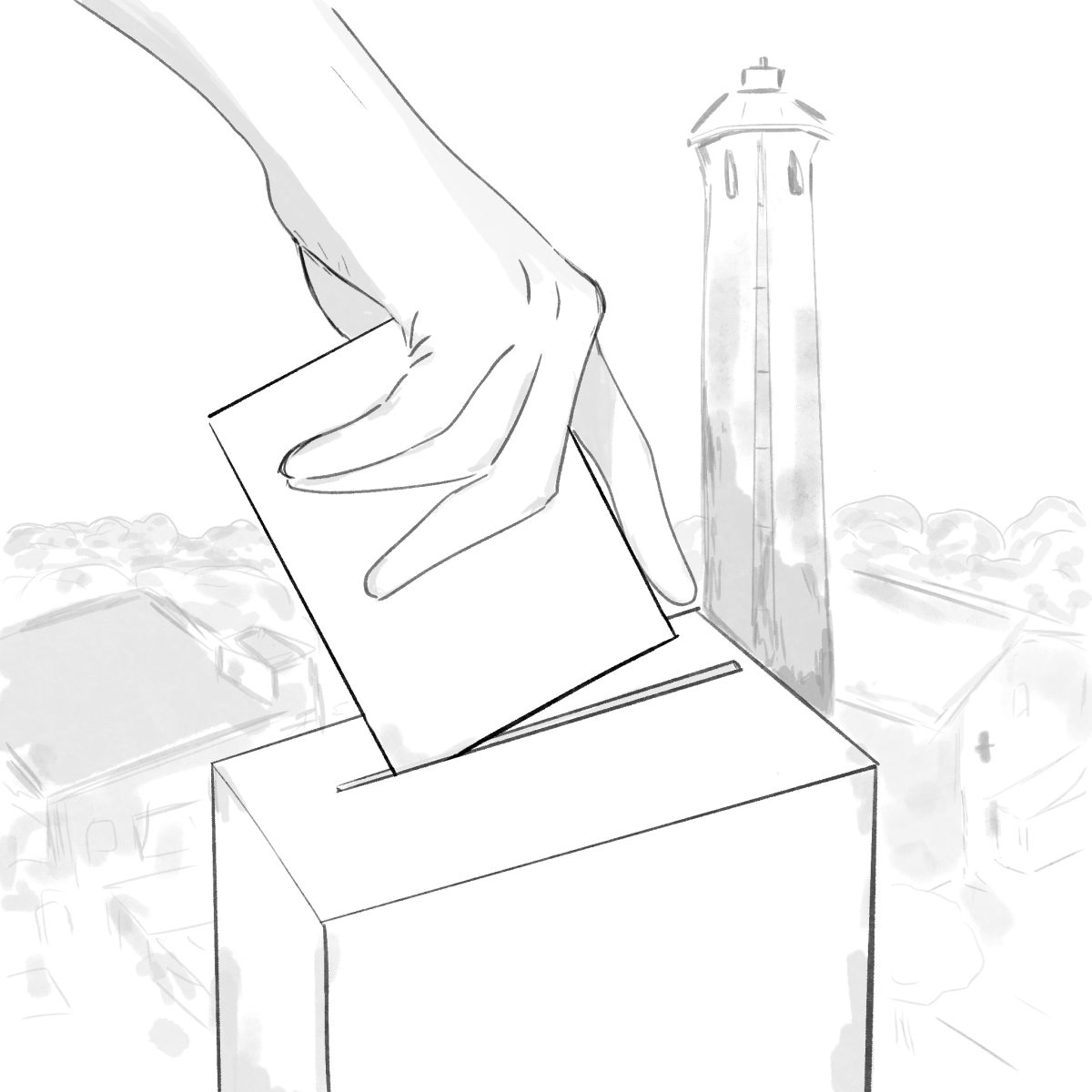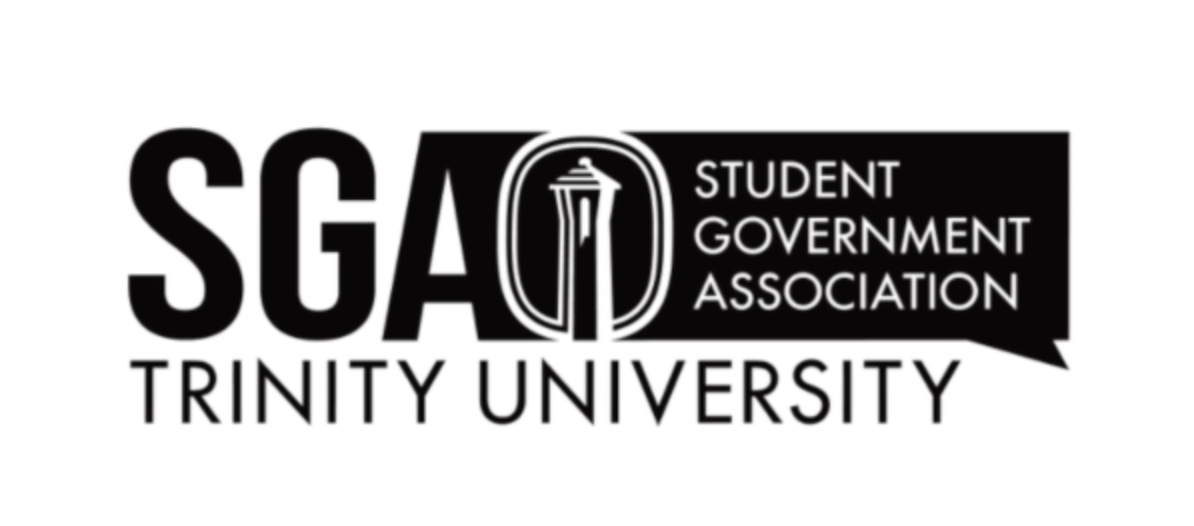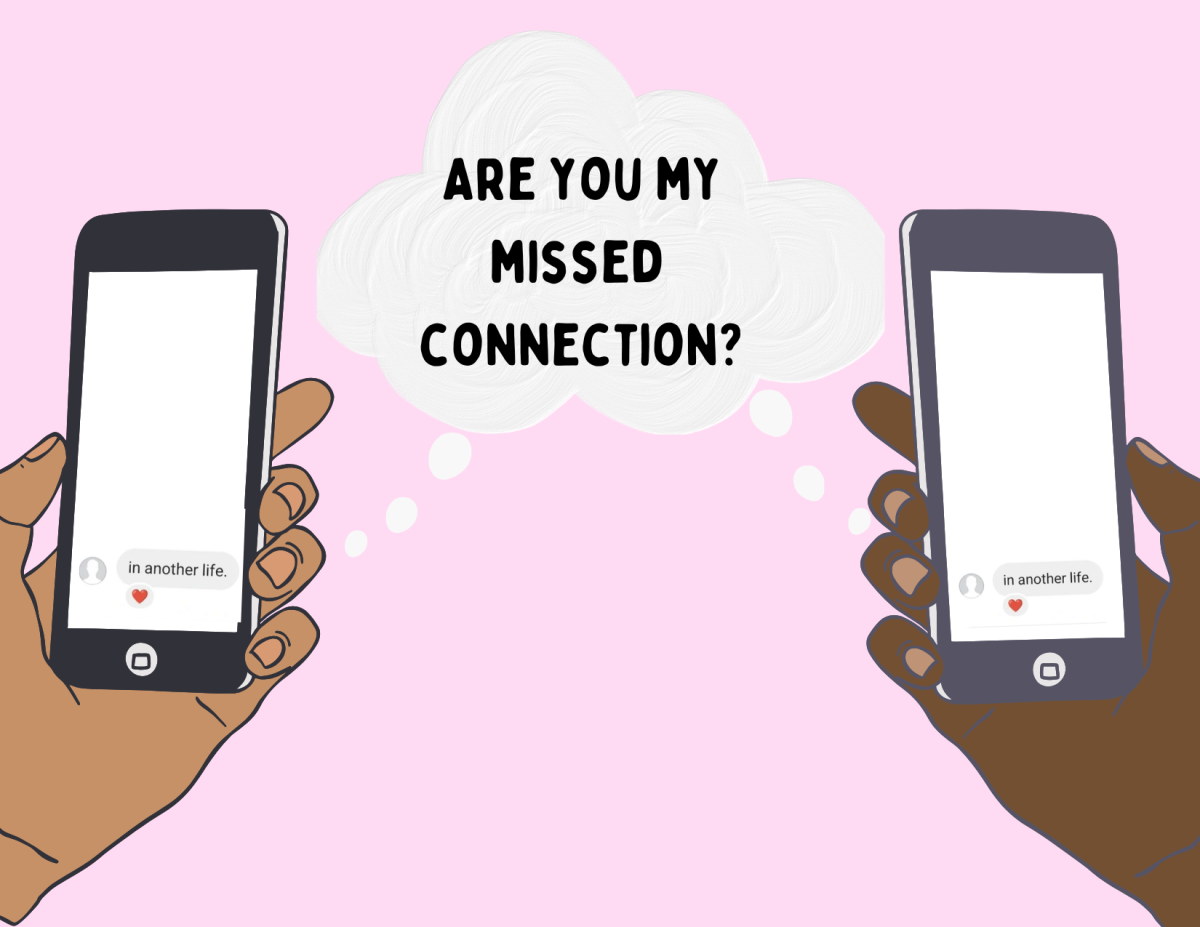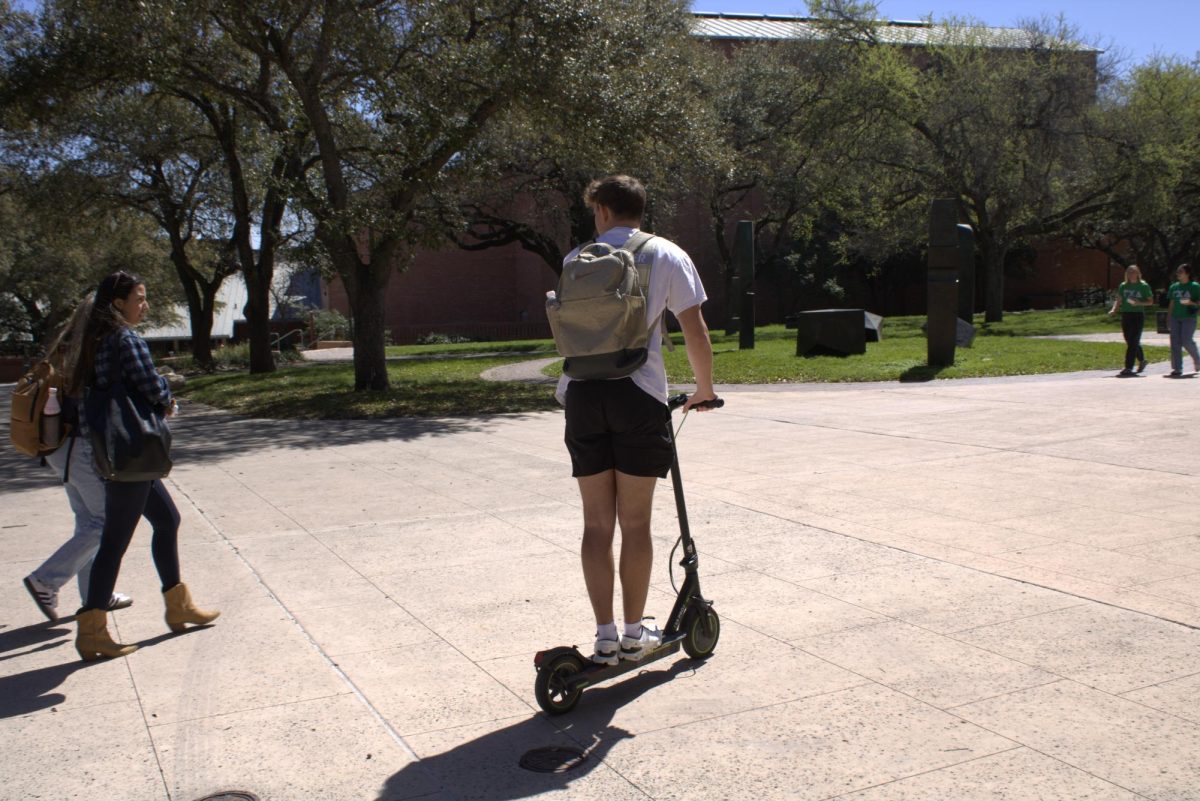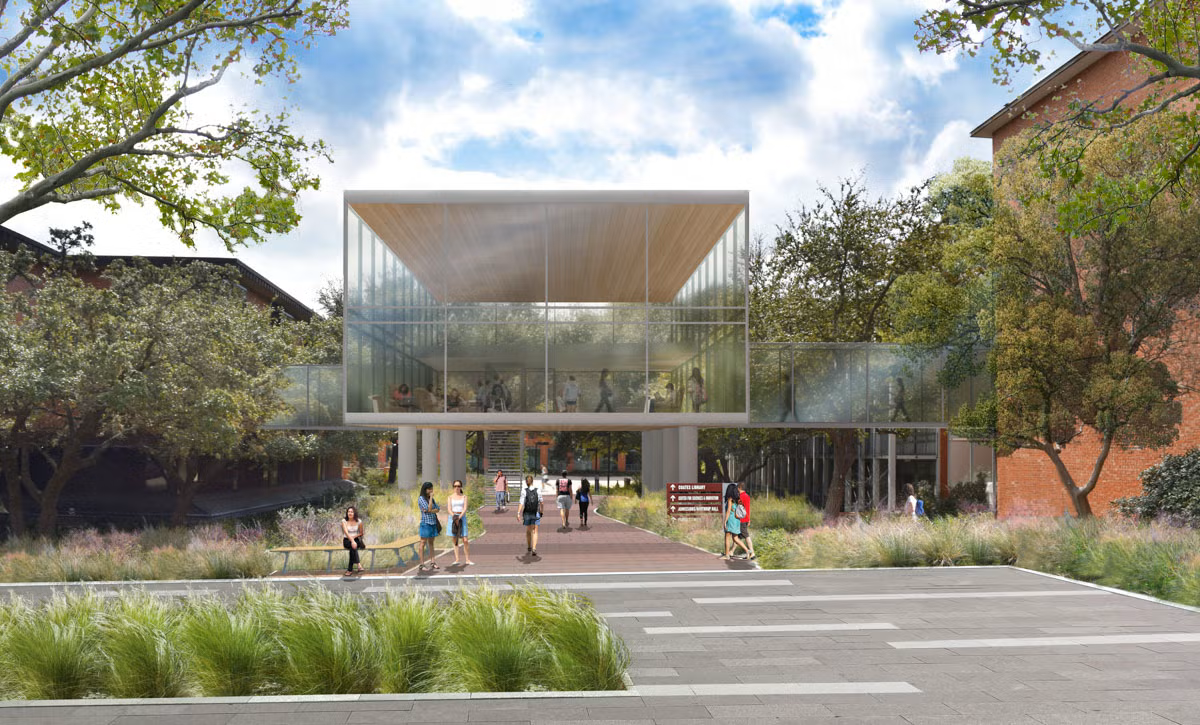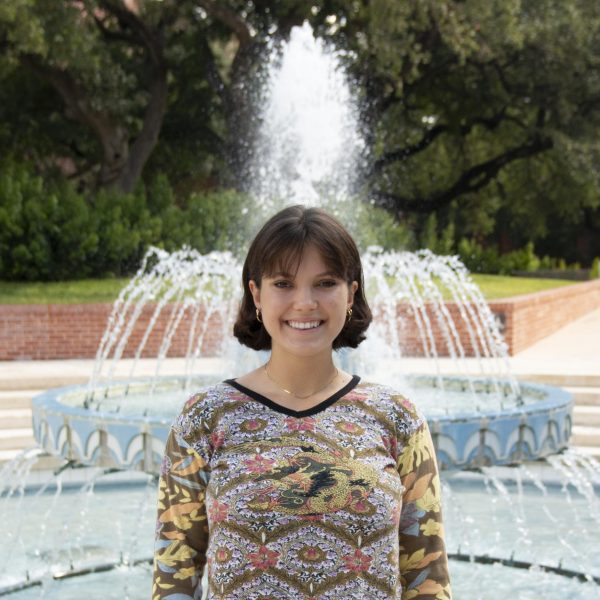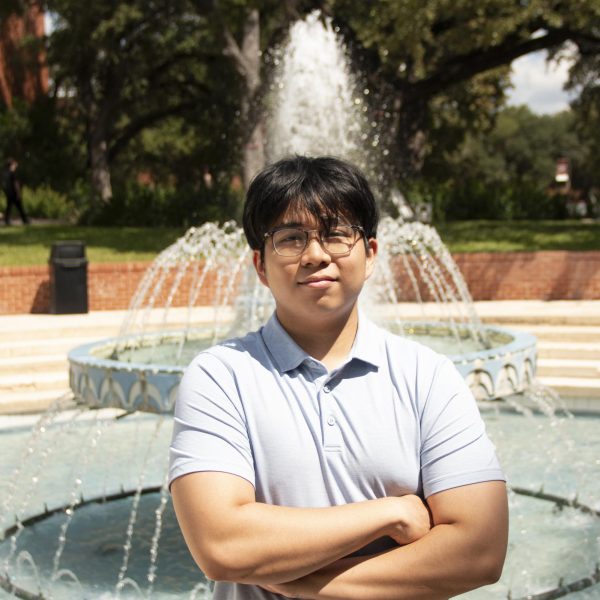With the 2024 election around the corner, the Texas state government’s crack-down on election fraud with voter integrity programs has created barriers for Trinity students working to get an on-campus polling place.
According to Nina Pollak, junior political science and business major and president of MOVE Texas at Trinity University, increasing voter engagement is one of her organization’s main goals. The organization tried to get a polling place on Trinity’s campus, but the task proved surprisingly difficult. “[Getting a polling place] is such a systematic issue … there’s just so many barriers put in place that are unnecessary,” Pollak said.
Even if Trinity were able to get a polling place, Pollak explained, keeping it maintained and open would not be easy. “There’s other San Antonio schools and universities that have had to deal with the years of work it takes to get one established,” Pollak said. “And then the months it takes to get one taken away. More students would vote if we just had easy access to it.”
Throughout Texas, many people report finding a place to vote to be difficult. David Crockett, professor of political science, explained, however, that he believes this is the product of a recent shift towards protecting “voter integrity.”
“It is true that the state government, headed by Greg Abbott and his Attorney General Ken Paxton … want to make sure that people who are voting are allowed to vote,” Crockett said. “The attorney general has been targeting Democratic Party power centers. Travis County, Bexar County, Harris County specifically, you know, places that tend to vote Democrat.”
However, Crockett asserted that there is no evidence to substantiate the idea that there has been large voter fraud requiring this level of attention to voter integrity. “This kind of voter malfeasance is very, very rare,” Crockett said. “There’s just not that many examples of people voting twice or voting illegally.”
While inconvenient, Crockett explained what the state is doing is not illegal. “[Texas is] rigidly adhering to the letter of the law. … [T]hey’re going to use every legal method they can to make voting a little bit more difficult in certain areas.”
Despite the significant impacts these practices have had, Crockett was unsure the extent to which they would impact the 2024 election. However, he posited that knowing if “voter integrity” would impact the election was less important than believing it would work.
“Trump thinks it does. And therefore, people who want to be tight with him have to vocalize that,” Crockett said.
Nonetheless, Texas’ dedication to enforcing voter integrity is impacting election outcomes. As Austin Bussing, professor of political science, explained, in past elections, Texas has limited the number of voter ballot drop boxes to “one per county.” While the exact reason for voter integrity programs is not universal, Bussing pointed to one logical explanation. “Nobody who thinks about this seriously would say … that they don’t expect it [voter integrity programs] to have an electoral impact.
I reached out to the Texas Secretary of State’s Office for comment, who referred me to their media division, who did not respond to my request for comment.

